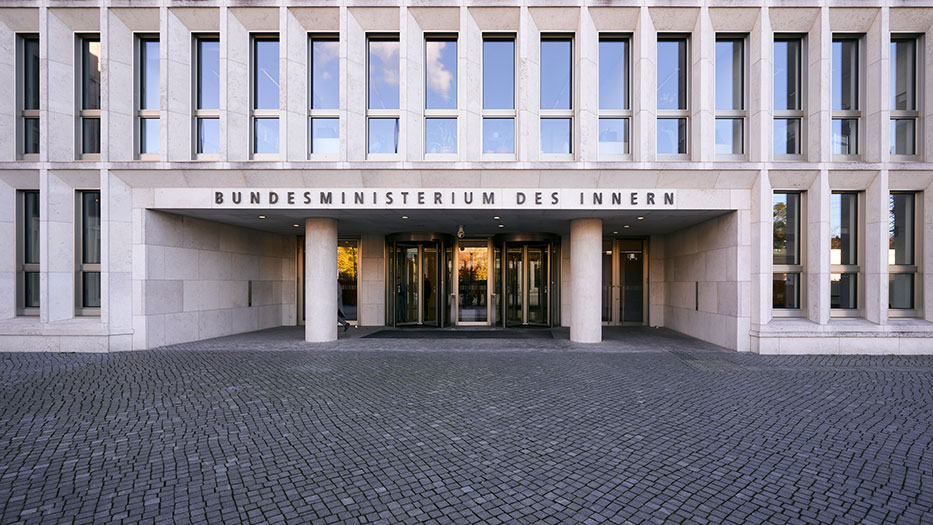Berlin – ESI at expert hearing on safe third countries at the German Interior Ministry

ESI’s Gerald Knaus was invited by Germany’s Federal Ministry of the Interior to participate in an expert hearing on “whether in the future the determination of the protection status of refugees can take place in transit or third countries in compliance with the Geneva Refugee Convention and the European Convention on Human Rights.”
In his presentation, Gerald stressed that it would be legal under international law for an agreement to be made between two or more countries that, after an agreed-upon cut-off date, one country will host and process the asylum applications for any migrants who arrive in the other country. Indeed, Gerald argued that not only would such a system be legal, but it would also be effective in discouraging migrants from making the deadly journey across the Mediterranean while ensuring those who need protection receive it in a dignified manner.
Such a system would see an accelerated asylum process for any arrivals from states already judged by the EU as safe countries of origin, such as the Balkan states, and the swift return of any migrants whose asylum claims are denied. In parallel, Germany would create programs to boost legal migration from cooperative third countries. This would allow Germany to ensure that migrants arriving in Germany have skills tailored to the needs of the labor market, giving them a clear path to a more prosperous future. This would also help solve the needs of the German labor market and reduce deaths along dangerous migration routes.
Critical to such a system is having third-country partners with a strong commitment to human rights willing to host any arriving migrants. For this, effective German diplomacy will be critical, demonstrating that the sustainable solution for migration will require a ‘whole-of-government’ approach.
- ESI proposal: Safe Third Country Agreements
- ESI proposal: Humane Borders
- Süddeutsche Zeitung, Faeser prüft das "Ruanda-Modell", (Faser examines the ‚Rwanda Model‘), 22 February 2024.
